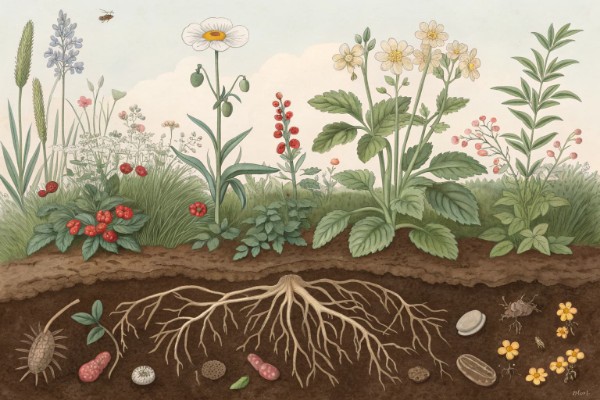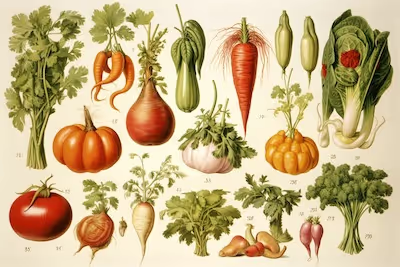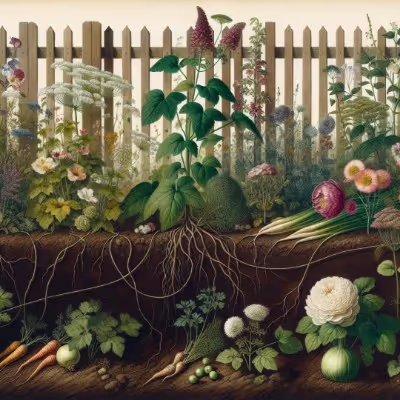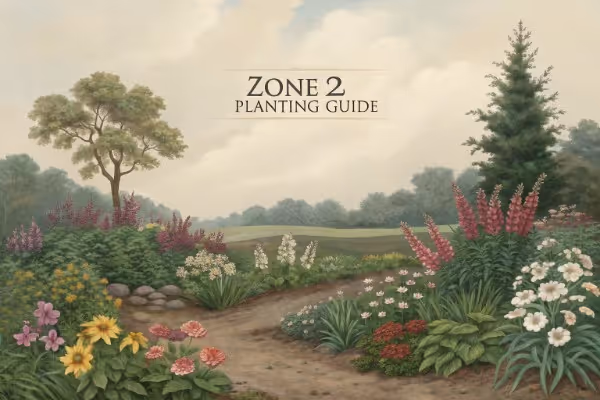Pest Management Essentials for the Beginner Gardener
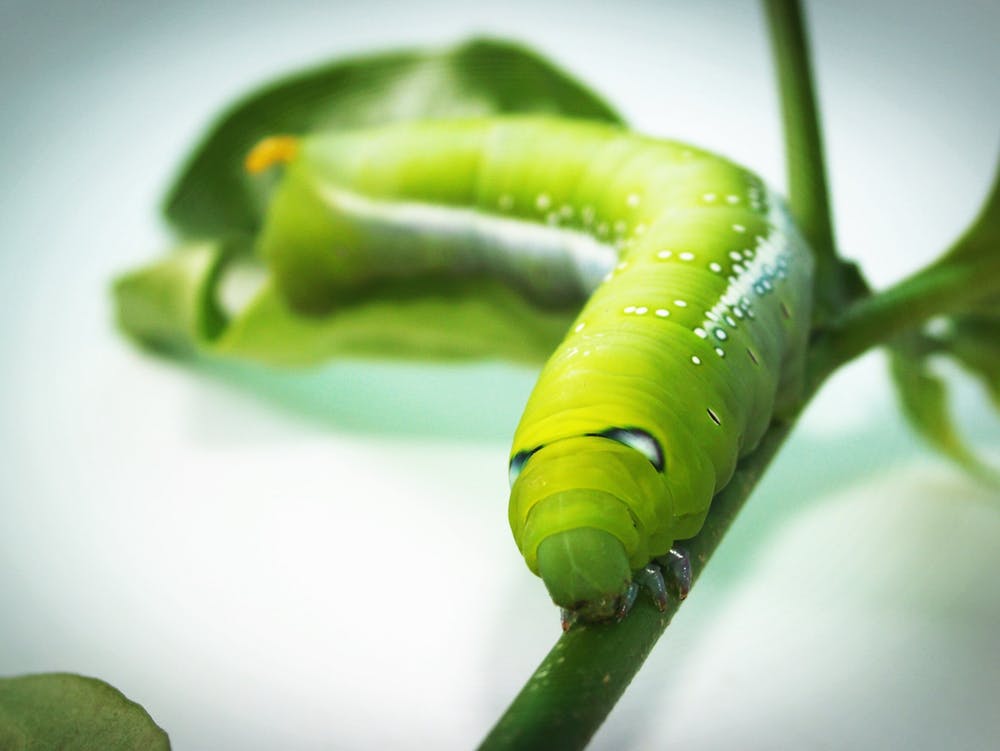
Pest Management
Pest management starts the moment you notice those tell-tale chew marks and sticky residues on your beloved plants. Early identification of common pests like aphids, spider mites or slugs, and swift use of simple remedies such as neem oil or companion planting, keeps infestations manageable. Smart, straightforward pest management means less frustration, and more time savoring a thriving garden—keep reading, and we'll show you exactly how it's done.
Cheatsheet: Beginner Pest Control Simplified
🌱 Prevention First
- Healthy soil repels 60% of pests
- Choose disease-resistant seeds & varieties
- Rotate crops each year
- Water early – leaves must dry before night
🕵️ Scouting & Detection
- Check plants twice weekly for holes, spots, sticky leaves
- Look under leaves for eggs & larvae
- Sticky traps spot flying pests fast
🐞 Encourage Beneficials
- Plant dill, fennel, marigolds to attract ladybugs, lacewings
- Leave some dandelions for predatory insects
🔄 Physical Controls
- Handpick beetles, caterpillars (drop in soapy water)
- Use row covers for brassicas, lettuces
- Mulch with straw or bark to block crawling pests
🍋 Natural Remedies
- Apply neem oil or insecticidal soap at dusk
- Spray garlic or chili-water for aphids
- Soap + water (1 tsp per quart/1 L) stops most mites
⏳ Timing & Weather
- Insect pressure peaks above 77°F/25°C
- Avoid spraying when bees visit blooms
🧰 Tools and Products You’ll Need
- Garden gloves
- 5-gallon/20L bucket (soapy water disposal)
- Hand lens (10x) for egg inspection
- Sticky traps
- Neem oil or insecticidal soap
- Row covers (lightweight, breathable)
🥗 Health & Self-Sufficiency
- Less pesticide = safer, more nutritious harvest
- Managing pests can double yields (FAO)
- Inspect plants twice weekly for damage, eggs, or bugs.
- Handpick visible pests and destroy infested leaves.
- Apply safe sprays (neem, soap) if pest levels rise.
- Install row covers if infestations persist.
- Rotate crops and amend soil after each season.
Pest Management Essentials for the Beginner Gardener
Understanding the Big Picture
Pest management starts with observation. I spend five minutes each morning scouting for chewed leaves, sticky residue, or tiny invaders on stems. Spotting trouble early matters more than any spray or gadget.
“An ounce of prevention is worth a pound of cure,” echoed my mentor, whenever aphids struck my tomatoes. He was right. Most problems get solved before they explode if you walk your patch daily.
What’s Bugging Your Beds?
Common pests—like aphids, spider mites, cutworms, and Japanese beetles—have distinct calling cards. Aphids create colonies on new shoots, while cutworms sever seedlings at the soil line. Learning these signs saves weeks of agony and lost harvest.
RHS (Royal Horticultural Society) reports aphid infestations account for more than 50 percent of all vegetable garden complaints in spring (source: RHS, 2023).
Integrated Pest Management (IPM): The Gold Standard
Integrated Pest Management (IPM) blends cultural, physical, biological, and chemical tools. I lean heavily on IPM principles—avoiding the “scorched earth” approach of blanket pesticide use. You’ll keep pollinators, pets, and kids safer.
UC Davis’ IPM program shows home gardens cut pesticide use by 75 percent when following IPM basics (source: UC Agriculture & Natural Resources).
- Cultural controls: Crop rotation, proper spacing, and healthy soil. Disease and pest pressure plummet when plants aren’t stressed.
- Physical controls: Row covers, handpicking, sticky traps. Few sensations beat the satisfaction of flicking a hornworm into a bucket of soapy water.
- Biological controls: Ladybugs, lacewings, and nematodes. One summer, a batch of locally raised ladybugs dethroned a thriving aphid colony overnight.
- Chemical controls: As a last resort, I choose organic sprays like neem oil or insecticidal soap. Always spot-test first; even “gentle” sprays can scorch leaves if applied under the midday sun (above 80°F/27°C).
Top 5 Pest Management Choices for Beginners
- Physical Barriers: Lightweight row covers or mesh keep out cabbage moths and beetles. Instant peace of mind.
- Companion Planting: Marigolds, nasturtiums, and basil repel certain pests and lure beneficials. A marigold border gave my beans their best season yet.
- Handpicking: Fast, free, and oddly meditative. Early evening, I pluck cabbage loopers on sight. Bare hands, no gadgets.
- Beneficial Insects: Release ladybugs and predatory mites. I buy them online from reputable suppliers—avoid random “ladybug giveaways” at hardware stores for best results.
- Targeted Organic Sprays: Neem oil, horticultural soap, or diatomaceous earth. Always follow label directions, as overuse can backfire.
The Environmental Protection Agency estimates proper pest management methods can reduce pesticide runoff by 95 percent and protect local pollinators (EPA, 2022).
Practical Tips
Avoid watering leaves at night. Damp leaves breed fungal disease, which weakens plants and invites pests.
Mulch well. Straw, wood chips, or pine needles (2-3"/5-7 cm thick) insulate roots and thwart crawling insects—like cutworms and slugs—at the soil level.
I rotate tomatoes and peppers every year. Nightshades planted in the same spot breed soil-dwelling pests. Think musical chairs, but for veggies.
Commercial Tools Worth Considering
- Yellow sticky traps: Monitor and reduce flying pests quickly.
- Insect netting: Protects crops without chemicals.
- Neem oil concentrate: Powerful when mixed and timed right (avoid pollinator activity hours).
- Soil health test kits: Healthy soil means sturdier plants and fewer pests.
For tailored plans and regional pest alerts, I use Taim.io for personalized gardening instructions. Data-driven care beats guesswork every time.
Final Thought
Your garden brims with life—good, bad, and fascinatingly ugly. With sharp eyes and a plan, most pest issues become a footnote. May your bug battles be brief and your harvests bountiful.
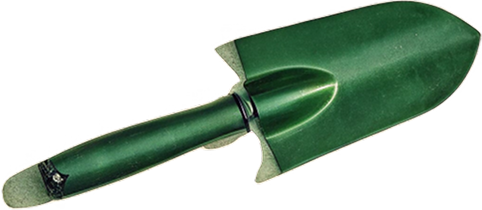
Want smarter plant choices? 🪴
Frequently Asked Questions about Garden Pest Management
How can I naturally deter pests from my garden?
Natural deterrents involve cultivating plants that pests avoid. Herbs like basil, mint, and lavender repel various insects. Additionally, encouraging beneficial insects such as ladybugs and lacewings through diverse planting helps control pest populations naturally.
What are beneficial insects, and how do I attract them?
Beneficial insects prey on pests and pollinate plants, supporting garden health. Attract them by planting native flowering plants like daisies and yarrow, providing shelter areas such as small brush piles, and avoiding chemical pesticides.
When should I inspect my plants for signs of pests?
Inspect plants regularly, about once per week, particularly during the growing season. Examine leaf undersides, stems, and new growth closely during early mornings or evenings, since many pests remain active at these times.
How do I recognize early signs of pest infestations?
Look for clear physical evidence, including holes or discoloration on leaves, wilting despite sufficient watering, sticky residues indicating aphid activity, or fine webbing signaling spider mites. Early discovery allows prompt intervention, limiting further damage.
Are homemade remedies effective against garden pests?
Homemade solutions, such as diluted dish soap sprays or garlic-infused water treatments, effectively control mild infestations. However, test these mixtures on a small section of a plant before wider application to prevent unintended harm.
Can companion planting help reduce pest issues?
Companion planting, the practice of strategically grouping certain plants, effectively reduces pest infestations. For example, pairing marigolds with tomatoes deters nematodes, while onions placed near carrots ward off carrot flies.
When should chemical pesticides become necessary?
Chemical pesticides serve as a last resort, appropriate only when natural methods clearly fail and significant crop damage occurs. Always choose targeted, minimal-impact pesticides, and strictly follow label instructions to minimize harm to beneficial organisms.
What precautions should I take when applying pesticides?
Wear protective gear, including gloves and eye protection, and avoid application during windy conditions or temperatures above 85°F (29°C). Limit pesticide use near water sources or flowering plants to protect beneficial wildlife and pollinators.
Pest Management starts with observation—really look at your plants, get to know their quirks. Most pests show up when we’re not paying attention or when the garden’s out of balance. Keep your soil healthy, attract pollinators and predatory insects, and don’t rush to chemicals. Sometimes, a simple trick—like using cream of tartar or citrus peels—can tip the scales. Rotate your crops, stay curious, and when in doubt, learn from the plants themselves. Good pest management is less about killing bugs, more about reading the signs and responding with patience. Remember, your garden is a wild place first—a little chaos is part of the magic.
The Money Saver's Guide to Pest Management
Natural Household Solutions
- Soap Spray: Mix 1 tablespoon (15 ml) mild liquid soap per quart (950 ml) water; spray directly onto aphids, mites, and whiteflies to dissolve insect exoskeletons.
- Vinegar Solution: Dilute 1 part apple cider vinegar with 2 parts water to repel ants and deter fungal gnats around plants.
- Baking Soda Fungicide: Add 2 teaspoons (10 grams) baking soda and 1 teaspoon (5 ml) liquid soap to 1 quart (950 ml) water; lightly spray affected foliage weekly to counter fungal diseases like powdery mildew.
Repurpose Common Household Items
- Coffee Grounds: Sprinkle spent coffee grounds around plants to repel slugs, snails, and ants—also enriches soil nitrogen levels.
- Eggshell Barriers: Crush eggshells into coarse fragments and scatter rings around vulnerable seedlings; sharp edges deter crawling pests like slugs while providing calcium to soil.
Budget-Friendly Companion Planting
- Basil & Tomatoes: Basil planted alongside tomatoes deters hornworms and thrips, improving tomato flavor and overall plant vigor.
- Marigolds & Vegetables: French marigolds repel nematodes in the soil and discourage aphids, protecting peppers, cucumbers, and spinach.
- Garlic & Roses: Plant garlic bulbs near roses to naturally discourage aphids, mites, and fungal infections.
Smart Pest Management Purchases
- Reusable Pest Traps: Select washable sticky traps; reduce annual pest management expenses by reusing multiple times across seasons.
- Bulk Neem Oil Concentrates: Purchasing concentrated neem oil and diluting yourself significantly cuts costs; a single quart (950 ml) concentrate typically treats over 2,000 square feet (approx. 186 square meters).
Long-Term Financial Benefits
- Studies indicate effective pest prevention reduces crop loss up to 40%, directly translating into lower grocery expenditures and increased food supply.
- Proper pest management can boost property value significantly, as well-maintained gardens enhance curb appeal by estimated 7–10% in real estate markets.
Find out which plants will thrive in your garden!
Answer a few fun questions and get custom plant recommendations perfect for your space. Let’s grow something amazing together!

start your season
